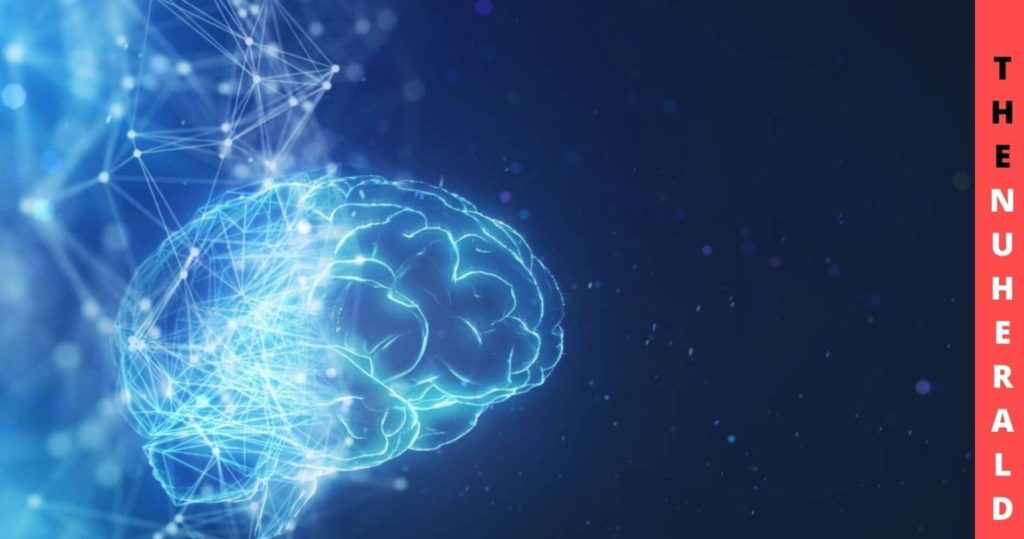You are hungry for information in your brain. You might call it the hungriest organ in the body. The brain consumes about 20 percent of your body’s total energy requirements despite making up only around 2 percent of your overall body weight. Nonetheless, it is a mistake to think that it’s the only energy needed by the brain to function properly; adequate amounts of micronutrients are crucial to brain health.
Better Brain Health Can Be Achieved With A Midlife Diet
Increasing evidence suggests that deficiencies in these nutrients lead to mental and physical health problems. Furthermore, nutrition impacts the brain and mental health at every stage of life, from conception to old age.

To prevent neural tube defects such as spina bifida, we know that folic acid (a B vitamin) should be taken by women who are trying to conceive. Developing brains demand more than folic acid. Omega-3 fatty acids are structurally integral to the brain’s membranes.
Research shows middle-aged adults who eat a healthy diet have a larger brain volume than those whose diets are less nutritious. As we age, we may be less likely to develop dementia and other degenerative brain disorders if we make healthy food choices in midlife.
Dr. Helen Macpherson of Deakin University’s Institute for Physical Activity and Nutrition studied adults aged 40 to 65 for their eating habits and brain volumes. She discovered those who ate a variety of foods, including vegetables, fruit, grains, and omega-3 fatty acids, had a significantly higher amount of grey matter in their brains than those whose diets contained fewer of those foods.
Macpherson described the findings as influential because they suggested that healthy eating habits are integral to protecting against neurodegeneration as we age.
The volume of the brain is an accurate indicator of the health of the brain in middle age, but there is no blood test to detect this.
Research shows that people should address the quality of their diet well before they reach old age to reduce their risk of dementia.
Dr. MacPherson is a member of the National Health and Medical Research Council and the Australian Research Council Dementia Research Training Fellowship. She analyzed data from more than 20,000 individuals from the UK Biobank, a worldwide access database containing genetic information and health information of half a million individuals.
Researchers completed a diet recall assessment, as well as an MRI to evaluate brain volume in Dr. Macpherson’s study. Diet quality was evaluated using three measurements.
“But we also took into consideration how well people’s diets matched WHO dietary recommendations, which suggest eating plenty of fruit and vegetables, grains, low-fat dairy, lean meat or substitutes while limiting processed food.”
In addition to whole grains and fish, the Mediterranean diet limits red meat consumption. According to the study, eating a varied diet recommended by WHO is just as beneficial as this dietary pattern.
In addition, the research found that men’s brain volumes were higher when comparing diet to nutrition. Dr. Macpherson says that the diets of men and women have different effects on brain volume.
Nonetheless, these findings suggest midlife might be an especially crucial life stage for improving poor eating habits. This is not just to protect brain health but also to reduce the risk of chronic diseases such as diabetes and heart disease. Dr. Macpherson said that following the guidelines of the WHO could be the best place to start.
In terms of total fatty acids in the brain, DHA makes up 10-20%. The ability of brain cells to communicate efficiently is improved by DHA-rich neuronal morphology and cell signaling. DHA accumulation in the brain and retina is vital to the proper development of the brain and vision during pregnancy.
